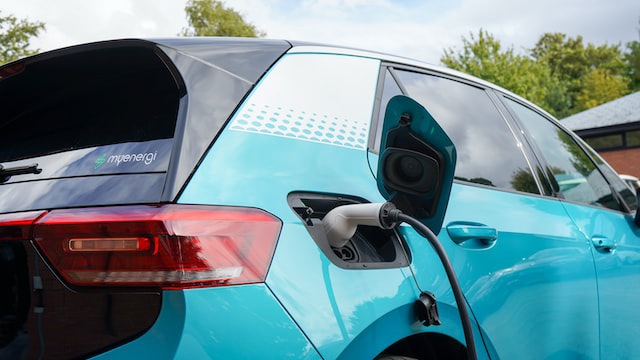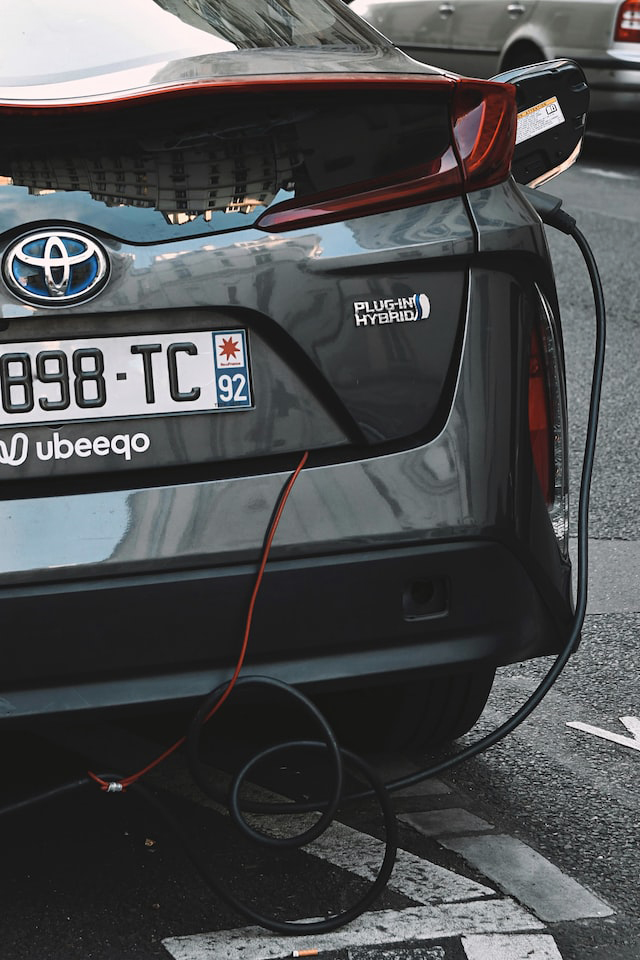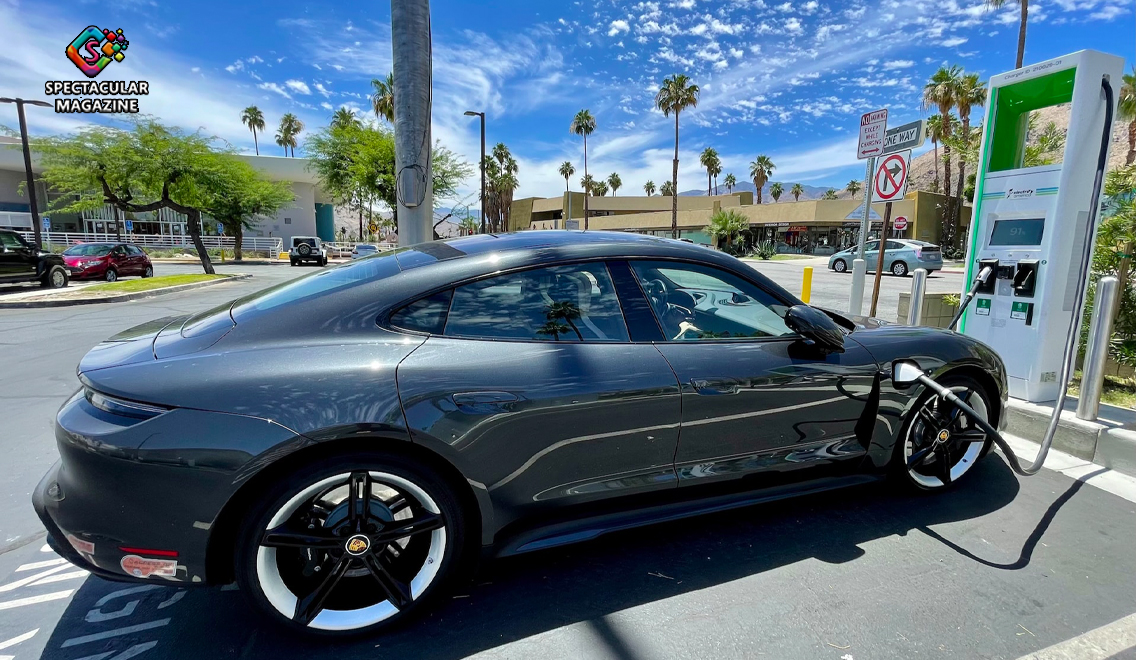Are Electric Cars Or Hybrid The Future?
The automotive industry has undergone a significant transformation in recent years with the introduction of electric and hybrid vehicles. The shift from gasoline-powered vehicles to electric and hybrid vehicles has been driven by the need to reduce carbon emissions, improve fuel efficiency, and create a more sustainable future. With many automakers already offering electric and hybrid vehicles, it’s clear that these technologies are becoming increasingly important. In this article, we’ll take a closer look at the future of electric and hybrid vehicles and the role they’ll play in shaping the automotive industry.
Electric Cars
 Electric vehicles (EVs) are powered by an electric motor, which is powered by a battery. Unlike traditional gasoline-powered vehicles, EVs do not produce emissions, making them a more environmentally friendly option. They are also more energy-efficient than traditional vehicles, which translates into lower fuel costs and lower maintenance costs over time.
Electric vehicles (EVs) are powered by an electric motor, which is powered by a battery. Unlike traditional gasoline-powered vehicles, EVs do not produce emissions, making them a more environmentally friendly option. They are also more energy-efficient than traditional vehicles, which translates into lower fuel costs and lower maintenance costs over time.
One of the biggest advantages of electric vehicles is their reduced dependence on gasoline. This not only helps to reduce emissions but also provides significant cost savings. Additionally, as battery technology continues to improve, the range of EVs will continue to increase, making them even more practical for everyday use.
Despite the numerous benefits of electric vehicles, there are still some concerns that need to be addressed. For example, the charging infrastructure is still limited in many areas, and the long charging times can be an inconvenience for some drivers. Additionally, the high upfront cost of EVs can be a barrier for some consumers.
Hybrid Cars
 Hybrid vehicles are powered by a combination of an electric motor and a gasoline engine. This means that they can run on either electric power or gasoline, depending on the driving conditions. One of the key benefits of hybrid vehicles is their improved fuel efficiency, which helps to reduce emissions and lower fuel costs.
Hybrid vehicles are powered by a combination of an electric motor and a gasoline engine. This means that they can run on either electric power or gasoline, depending on the driving conditions. One of the key benefits of hybrid vehicles is their improved fuel efficiency, which helps to reduce emissions and lower fuel costs.
Like electric vehicles, hybrid vehicles are becoming increasingly popular as consumers look for more environmentally friendly options. They are also becoming more affordable, with many automakers offering hybrid options in a variety of models.
One of the challenges with hybrid vehicles is their dependence on gasoline. Although they are more fuel-efficient than traditional gasoline-powered vehicles, they still produce emissions and rely on gasoline to some extent. Additionally, the high upfront cost of hybrids can be a barrier for some consumers.
The Future of Electric and Hybrid Vehicles
The future of electric and hybrid vehicles looks bright, with many automakers investing heavily in these technologies. In recent years, we’ve seen a significant increase in the number of electric and hybrid vehicles available, and this trend is only set to continue.
One of the most exciting recent developments in the electric vehicle market is the launch of the Ford Puma. This compact SUV is designed to be both stylish and practical, and it offers a range of advanced features that make it an attractive option for consumers. Additionally, the Ford Puma on Auto Trader is available with a range of engine options, including a hybrid powertrain, making it a versatile option for drivers.
Another exciting trend in the automotive industry is the growth of car leasing. With car leasing, consumers can drive a brand-new vehicle for a fraction of the cost of purchasing one. This is becoming increasingly popular for drivers looking for a more flexible and affordable way to get behind the wheel of a new vehicle.
Conclusion
In conclusion, electric and hybrid vehicles are becoming increasingly important in the automotive industry, and they look set to play a significant role in shaping the future of the industry. With improvements in battery technology, charging infrastructure, and the availability of more affordable options, electric and hybrid vehicles are becoming more practical options for everyday use. Additionally, the growth of car leasing is making it easier and more affordable for consumers to get behind the wheel of a new vehicle, and this trend is only set to continue.
While both electric and hybrid vehicles have their benefits and drawbacks, it’s clear that they are both part of the future of the automotive industry. Whether it’s an electric vehicle, a hybrid, or something entirely different, the future of transportation will continue to evolve, and it will be exciting to see what comes next.
In the end, it’s important to consider the environmental impact of our transportation choices and to make informed decisions that help to reduce emissions and create a more sustainable future. Whether it’s driving an electric vehicle or choosing a hybrid, each and every one of us can play a role in shaping the future of the automotive industry.


